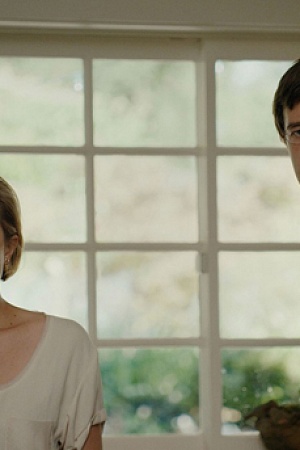Belfast

On the sunny streets of Belfast in 1969, nine-year-old Buddy (Jude Hill) fights imaginary dragons with a wooden sword and a shield made from the lid of a garbage bin. When his Ma calls him home for tea, he races through the neighbourhood, bright-eyed and carefree. But the afternoon idyll is quickly shattered by a small army of Protestant rioters laying siege to the street, smashing windows and firebombing cars in a targeted attempt to weed out any remaining Catholic residents. As the mob approaches, the camera orbits Buddy in captivating slow motion, his sword and shield rendered useless and childish in the face of this real-world violence. That is, until Ma uses the bin lid to deflect actual projectiles as she shepherds her boy safely into their house. It’s a dazzling opening sequence, and the perfect summary of Belfast’s colliding themes of childhood innocence and social upheaval. The only problem with this scene is the high bar it sets – it offers a level of stylistic quality and narrative clarity that the film never quite reaches again.
Continue reading for only $10 per month. Subscribe and gain full access to Australian Book Review. Already a subscriber? Sign in. If you need assistance, feel free to contact us.














Comment (1)
Leave a comment
If you are an ABR subscriber, you will need to sign in to post a comment.
If you have forgotten your sign in details, or if you receive an error message when trying to submit your comment, please email your comment (and the name of the article to which it relates) to ABR Comments. We will review your comment and, subject to approval, we will post it under your name.
Please note that all comments must be approved by ABR and comply with our Terms & Conditions.